Too much was on the line for Anthony Joshua to postpone his second fight of the year, according to his promoter Eddie Hearn.
The former heavyweight titlist is on track to enter the ring this weekend at London’s O2 Arena as scheduled. But instead of Dillian Whyte, he will take on late replacement Robert Helenius, the veteran Finnish contender.
Whyte was removed from the fight after it was announced over the weekend by the promoter, Matchroom Boxing, that Whyte had failed a pre-fight drug test administered by the Voluntary Anti-Doping Association (VADA). It is at least the third time in Whyte’s career that has had a brush with failed doping examinations. He was served a provisional ban from 2012-2014 for taking a supplement that contained a prohibited substance under the World Anti-Doping Agency (WADA). Whyte was provisionally suspended again in 2019 after a drug test ahead of a fight with Oscar Rivas. Whyte was cleared by UK Anti-Doping later that December.
Hearn, whose company announced Helenius as an opponent for Joshua on Tuesday, said it was imperative that Joshua fight as planned—lest a fight with Deontay Wilder for early next year gets scuttled as well.
Joshua (24-3, 22 KOs) has been in talks to explore a potential fight with the former heavyweight titlist from Tuscaloosa, Alabama, in Saudi Arabia. Originally, that fight was tabbed for December, on a card that was to feature the undisputed heavyweight championship between Tyson Fury and Oleksandr Usyk, but those plans do not appear likely at this point. Fury has a “crossover” fight with Francis Ngannou on Oct. 28 and Usyk will take on mandatory challenger Daniel Dubois on Aug. 26.
But Hearn said in a recent interview that a Joshua-Wilder fight is still being actively discussed for early next year, meaning if Joshua’s summer fight was postponed to the fall, it would throw off the timing for that matchup.
“It’s difficult to [postpone a fight] when you train for 12 weeks to break camp,” Hearn said on talkSPORT Radio. “The other option honestly is to fight in October or November. When he trained for 12 weeks, then after that, come down, have three or four weeks off, then you go back and do another eight or nine weeks.
“We want to fight Deontay Wilder. We know December is unlikely but we’re still being told and we were told as recently as two days ago or three days ago, whenever it was, you will be fighting. And if he doesn’t take this fight on Saturday, he won’t fight Wilder in December or January.”
Sean Nam is the author of Murder on Federal Street: Tyrone Everett, the Black Mafia, and the Last Golden Age of Philadelphia Boxing.



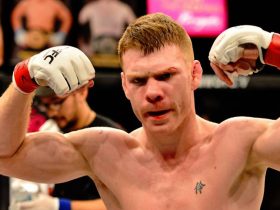

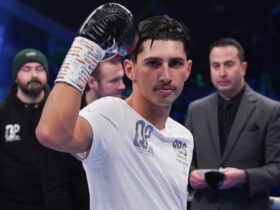
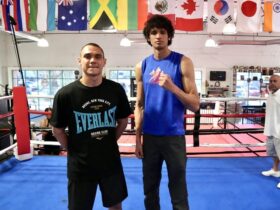
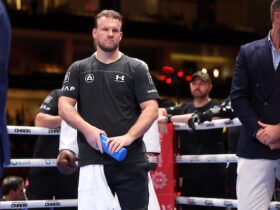
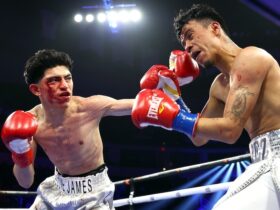


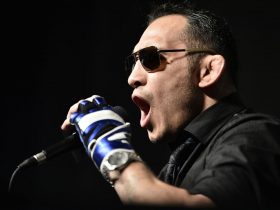
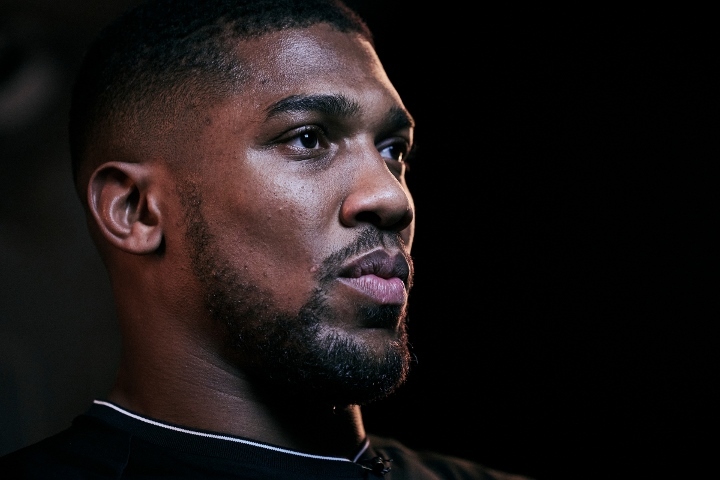
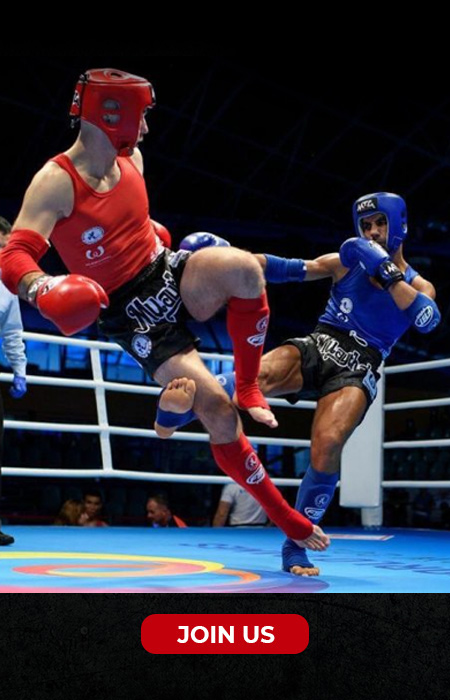
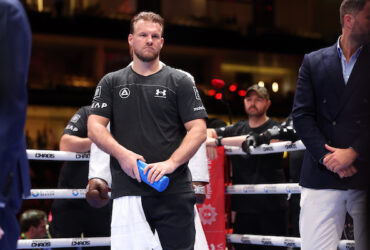
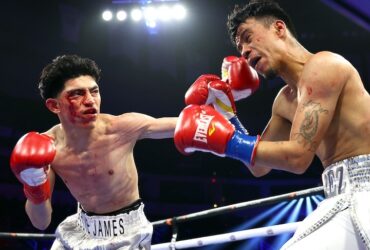




Leave a Reply